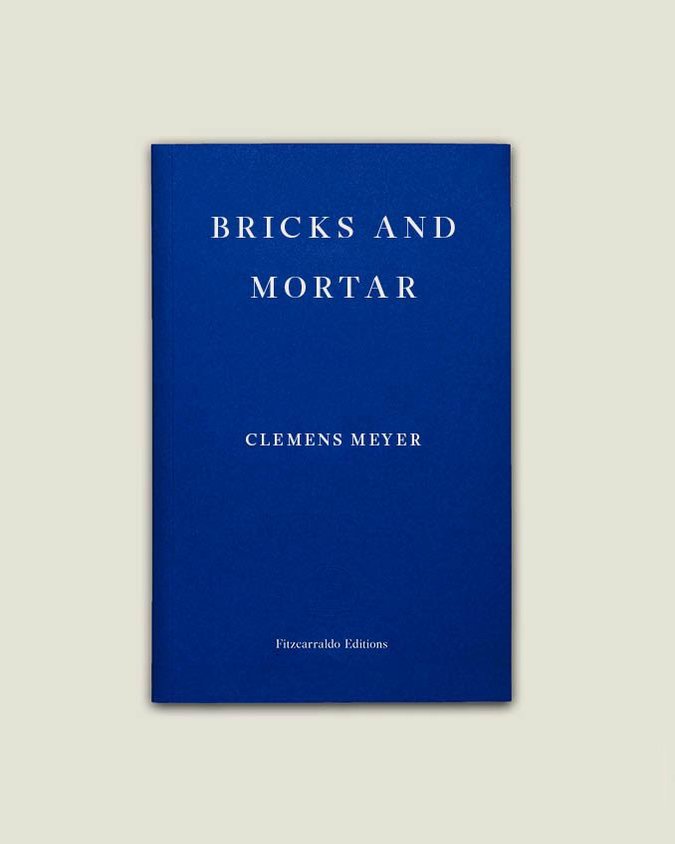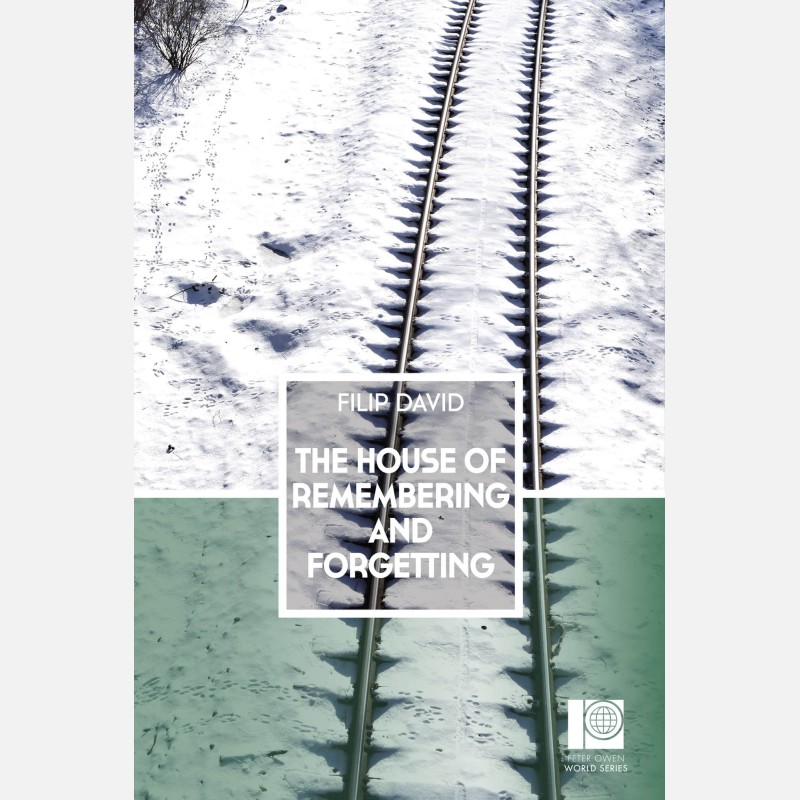The Ice Palace by Tarjei vesaas
Norwegian fiction
Original title – Is-slottet
Translator – Elizabeth Rokkan
Source – Personal copy
In my second book of the year we are back in Europe and in the north with one of Norway’s greatest writers. we marvel at knausgaard and fosse for their insight and vision into the human character these days. But Tarjei Vesaas was doing the same fifty years before them and in his time he wrote for more than fifty years his book was mainly based around his rural life his farmhouse is a place of pilgrimage for fans of his writing. He was known for his insights into everyday life he won the Nordic book council prize the biggest book prize in Scandinavia. He was nominated 30 times for the Nobel Literature prize and in strong contention on three occasions. This is one of a number of books that were brought out by Peter Owen a publisher I think has such a great list of writers. So here we have the forerunner to those great Norweigian writers of today.
Unn must have been standing at the window watching for Siss, for she came out before Siss reached the doorstep. She was wearing her school slacks
“It must have been dark?” she asked
“Dark?” yes, but that doesn’t matter; replied Siss, although she had been quite nervous of the darkness and the short cutr through the wood.
“It must have been cold too? It’s dreadfully cold her this evening”
“That doesn’t matter either,” said Sim
Unn said: It’s such fun that you wanted to come.
The night of the event that is at the heart of the book
The book is the story of two girls just on the cusp of being young adults they are the sort of girls that wouldn’t usually get on as one is quiet and the other is boisterous and a live wire. The quiet girl Unn is new to the village and has arrived to live with her Aunt and her friend is Siss. What follows is the outfall of an evening the two girls get close as they get to know each other at her aunts she shows Siss the pictures of her father as they relax in each other company the young girls undress and watch each other. But when they have done this it feels strange and not quite right to Unn after the event one of those things that happen at that age of just having feelings and thoughts that are awakening. So when next Day Unn decides to skip school and head to the Ice Palace of the title a place the girls are due to go to a frozen Ice palace but when she ends up in trouble it is Siss left as she viewed the event very differently. She later has to cope with the gap of her friend that has gone and what had happened haunts her as she struggles to move on with what happened.
Unn had not arrived when Siss hurried into the warm classroom. Several of the others were there. Some of them said casually, “Hi SIss.”
She did not say a word about yesterday’s meeting. They probably expected it, because of the exchange of notes, but they contained themselves. They were probably waiting to see what would happen when Unn turned up. Sdiss had it all worked out: as soon as Unn appeared in the doorway she would go to meet her so that eveyrone should see how things stood. The Idea made her so happy thart she tingled all over.
The next day Siss is awaitng Unn at schoolbut she never comes to school again !!
This is one of those books that takes a single event the one evening that the two girls had stripped and watched one another a strange act but given there age one that happens this one night is the hook for the book the death of Unnn and the aftermath for Siss. It shows how we can view things from different ag=ngles after the event. It is a story of the loss of a friendship broken but there is a third character in the book and that is the place rural Norway the ice palace and all the other places he describes jump off the page this is the second book I have reviewed by Vesaas I will over time review more as I get them. One of the things I love about the time I have been blogging is seeing how a writer like Vesaas has had a knock-on effect I can see his influence in fosse work and other Nordic writers. Sparse in his style this work is hard-hitting in it’s impact this is one of those books that pack a punch far more than its length and will hit the reader hard. It is also short enough to be read in a single sitting which I did. Have you read any books by him?
Winstons score – A, a gem of a book that should be better known.
























